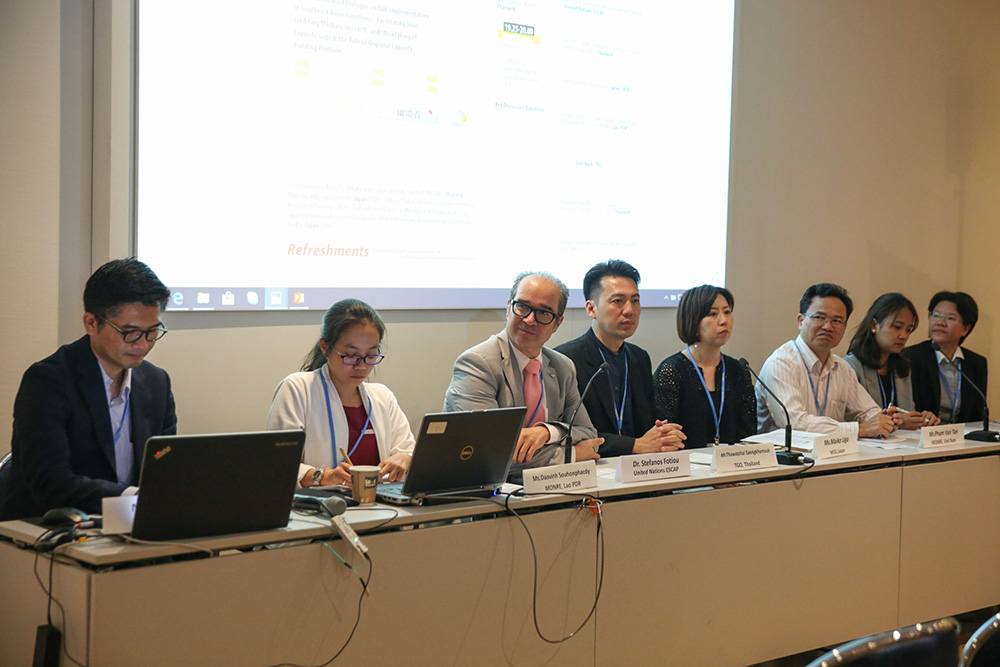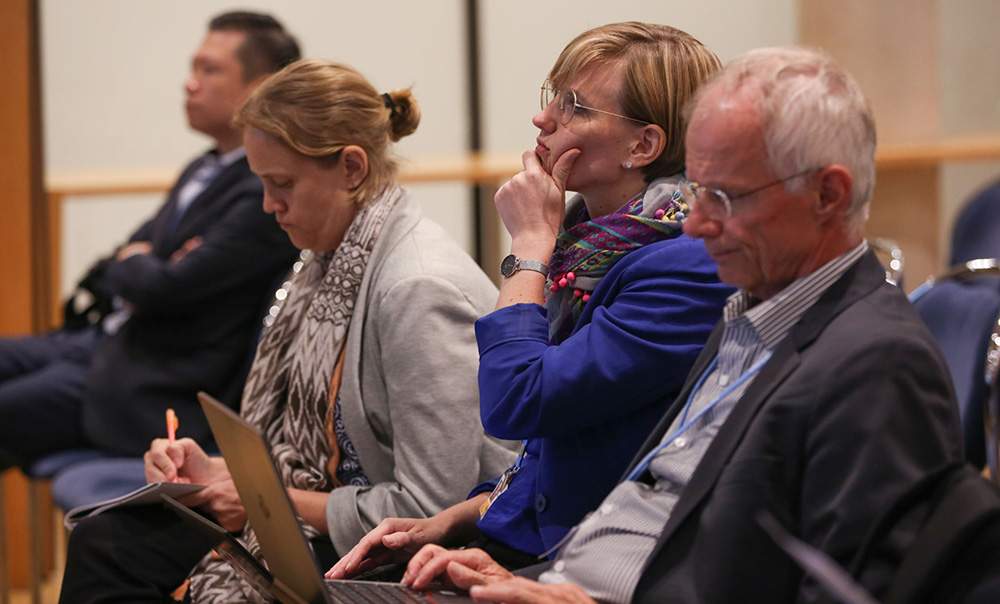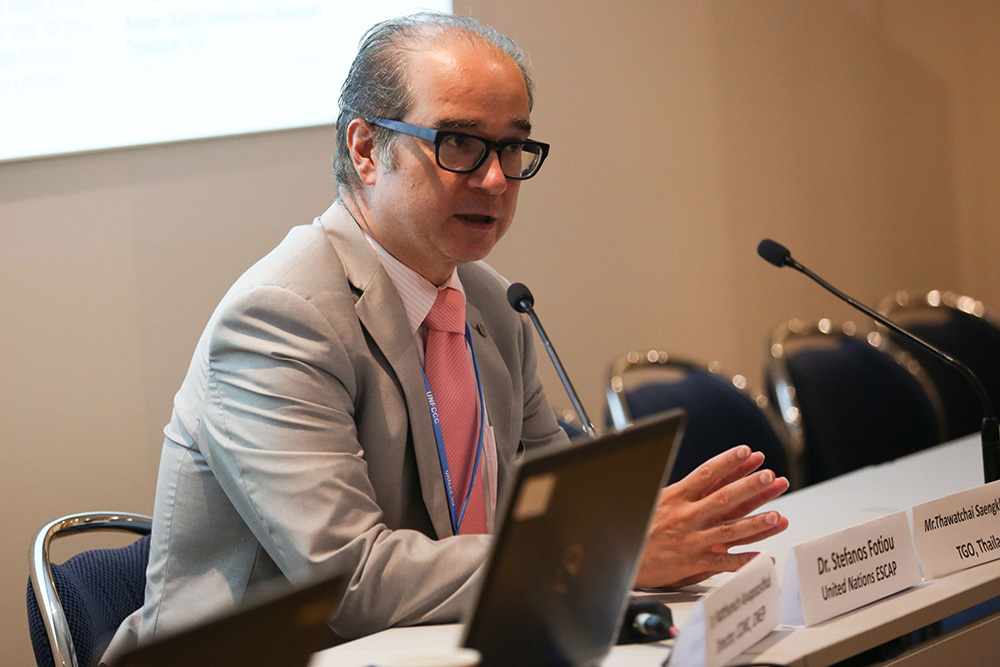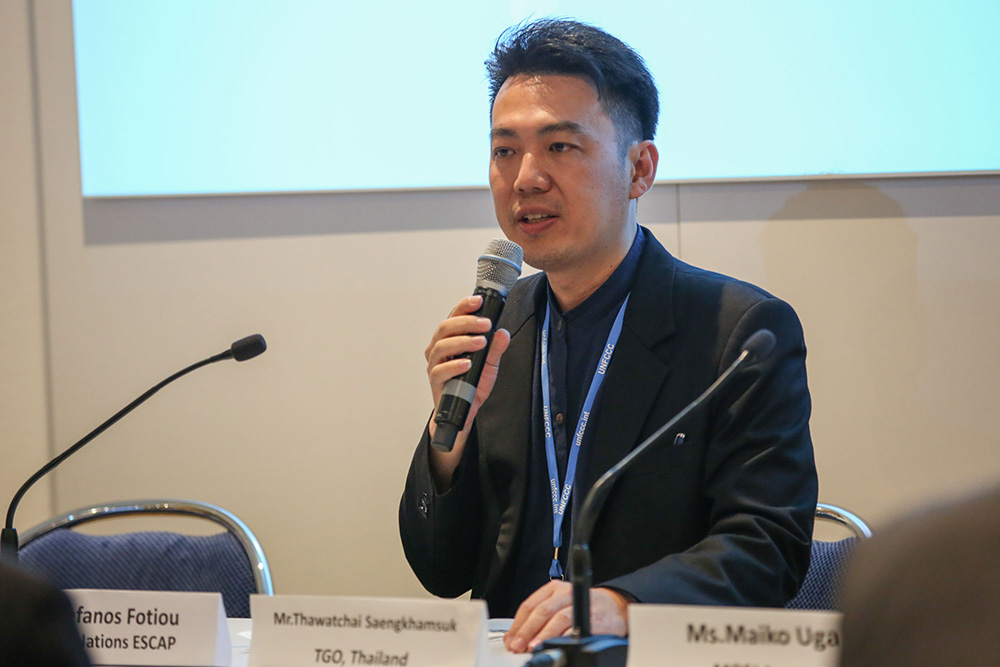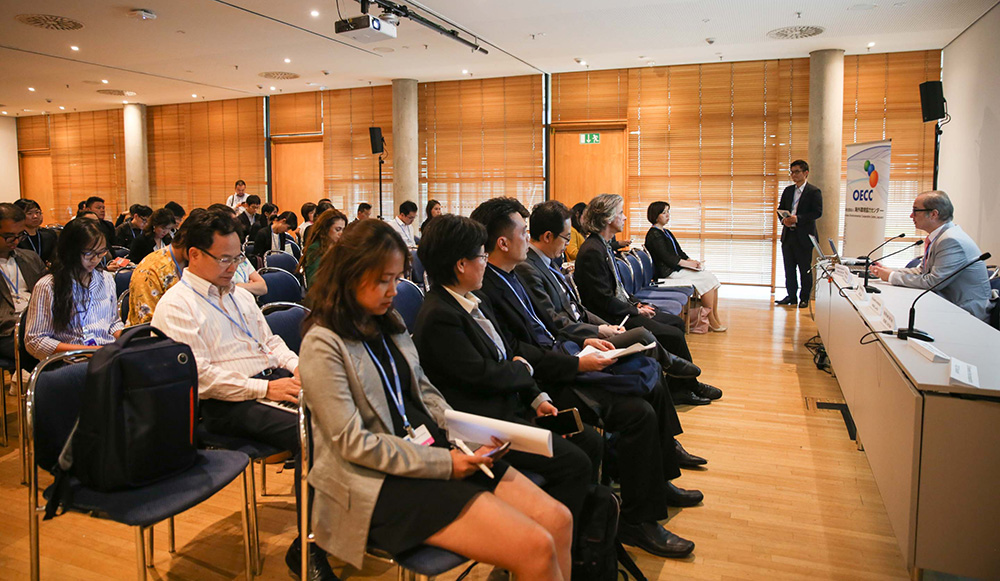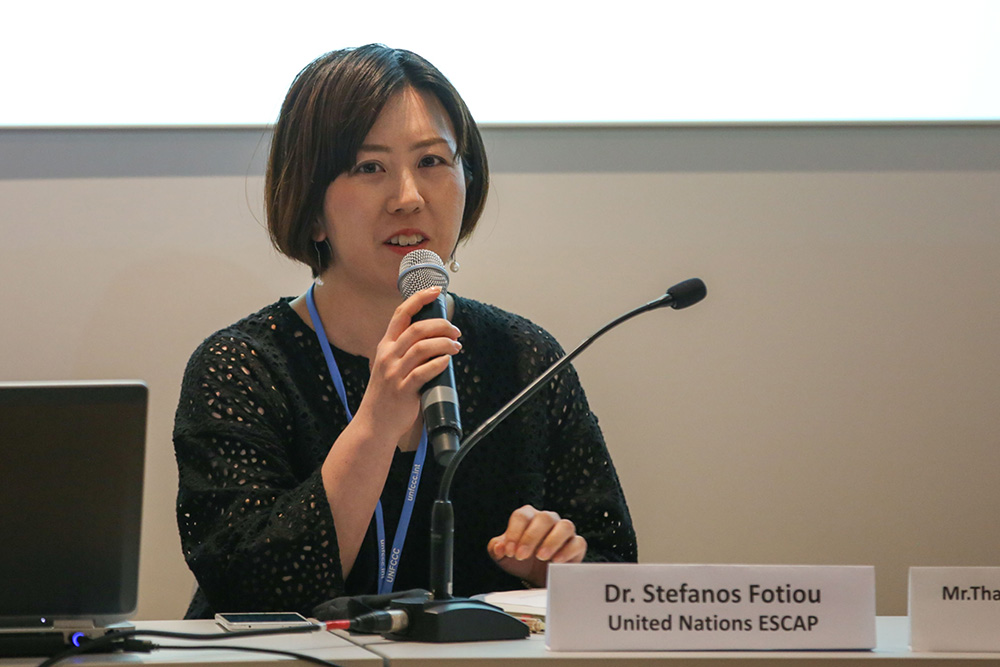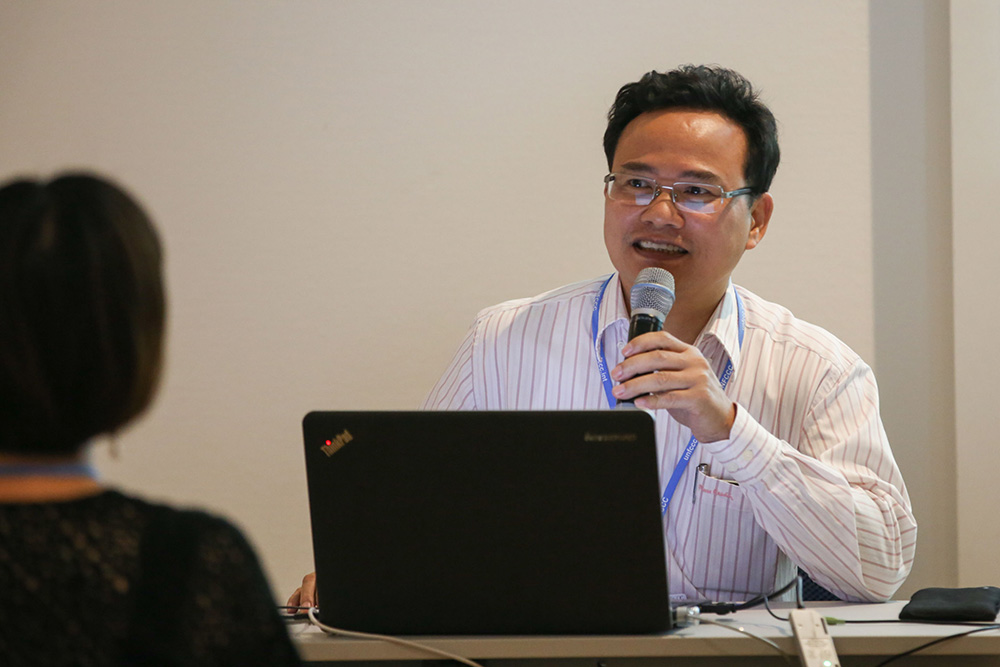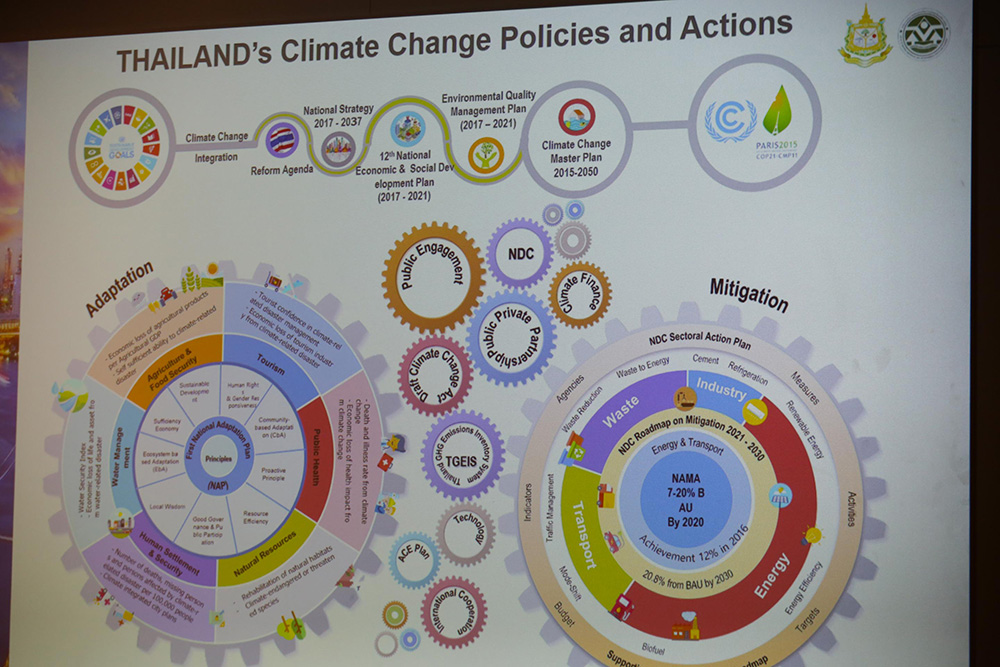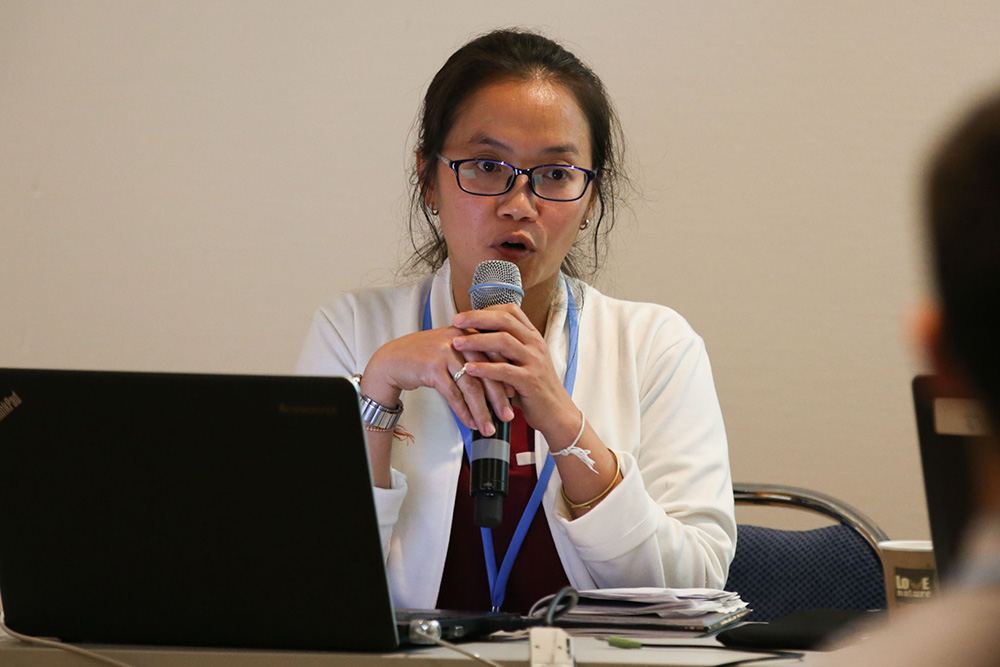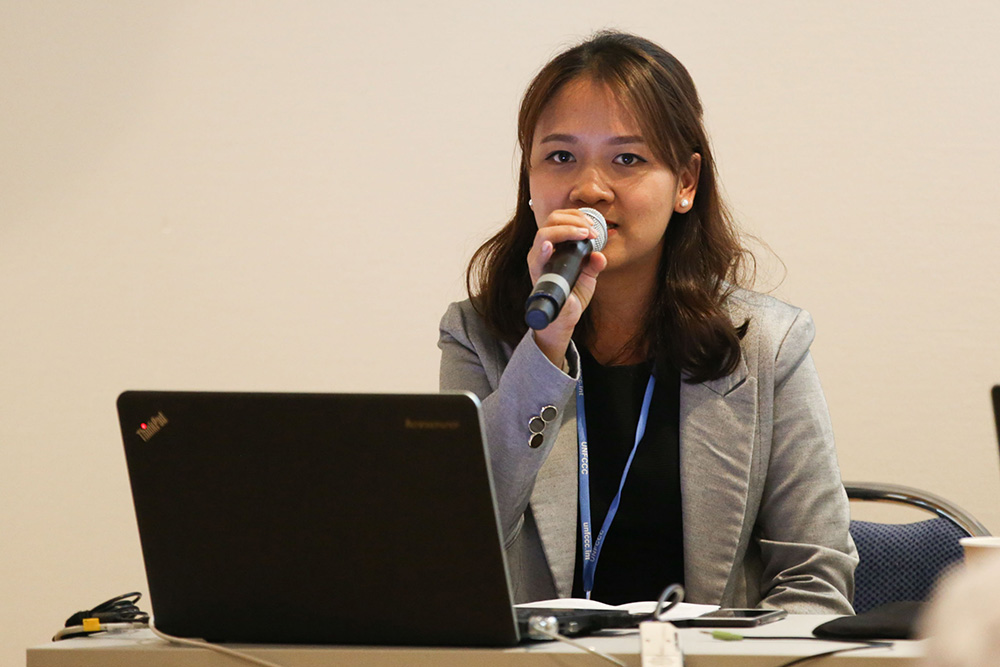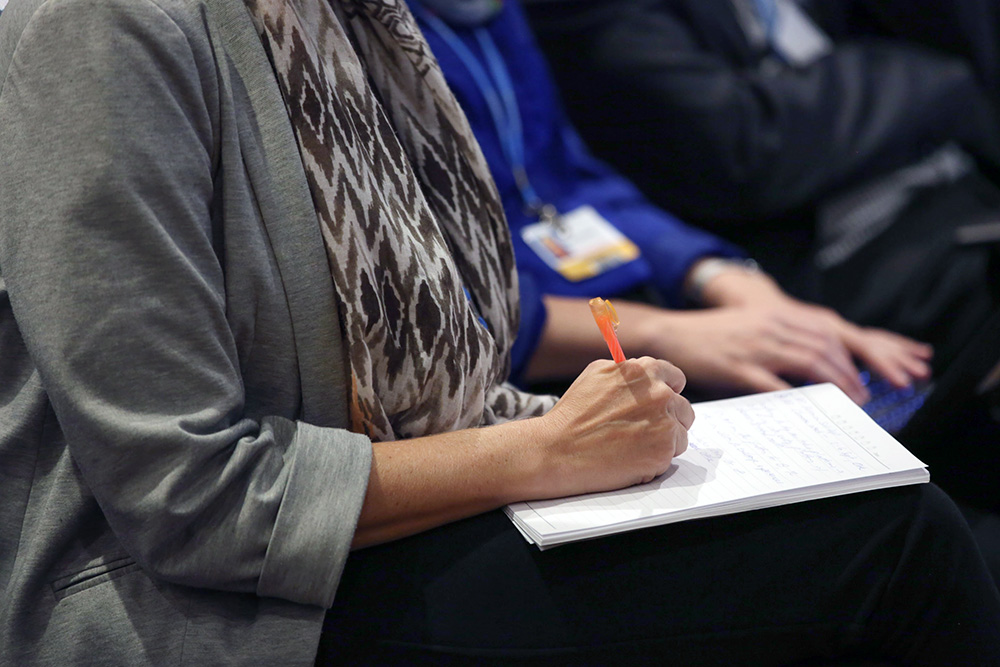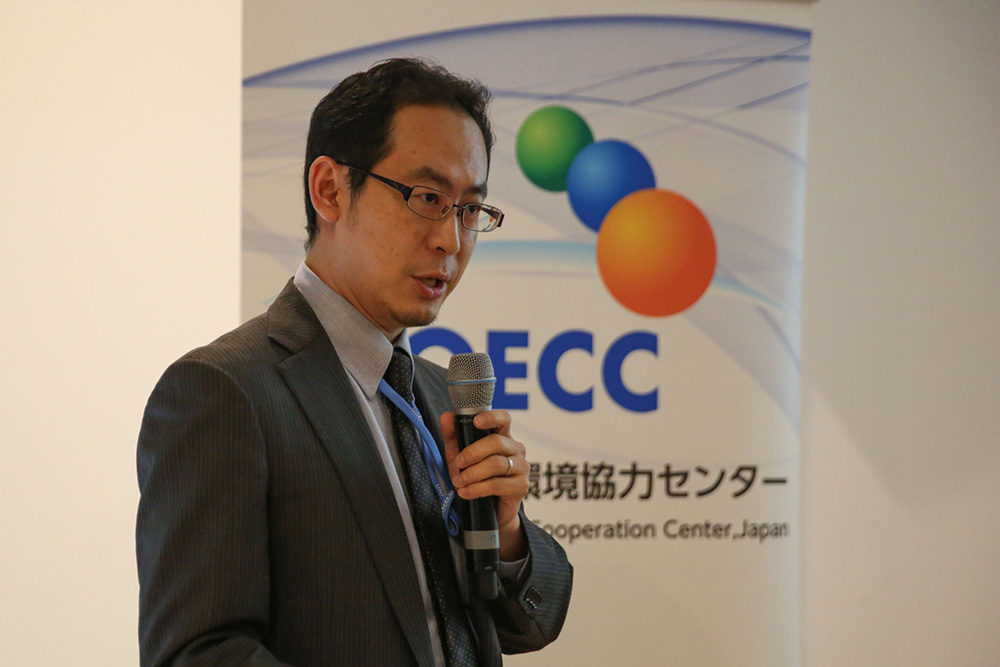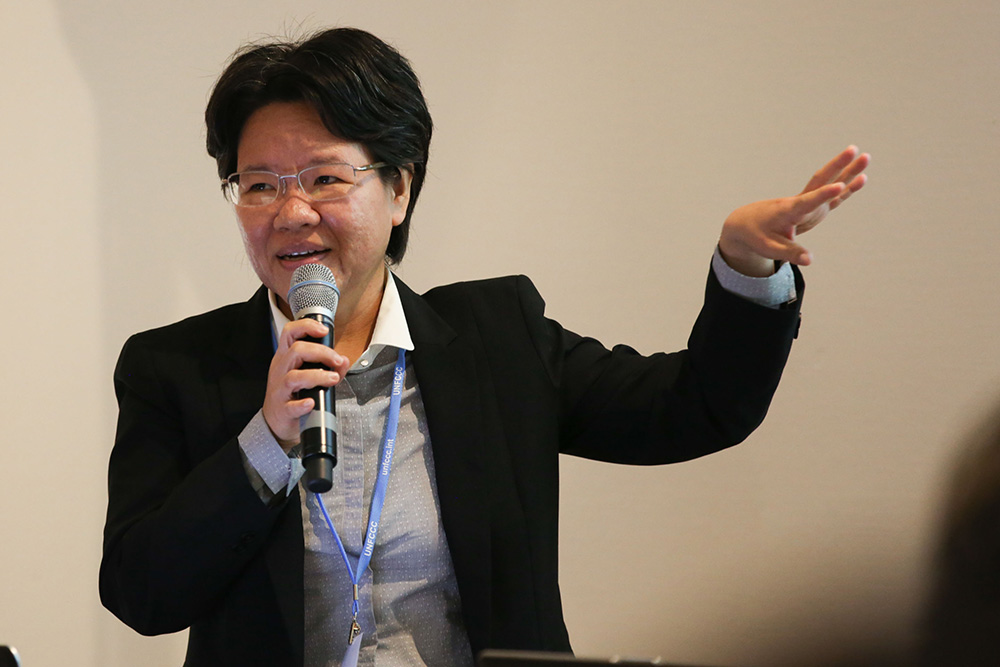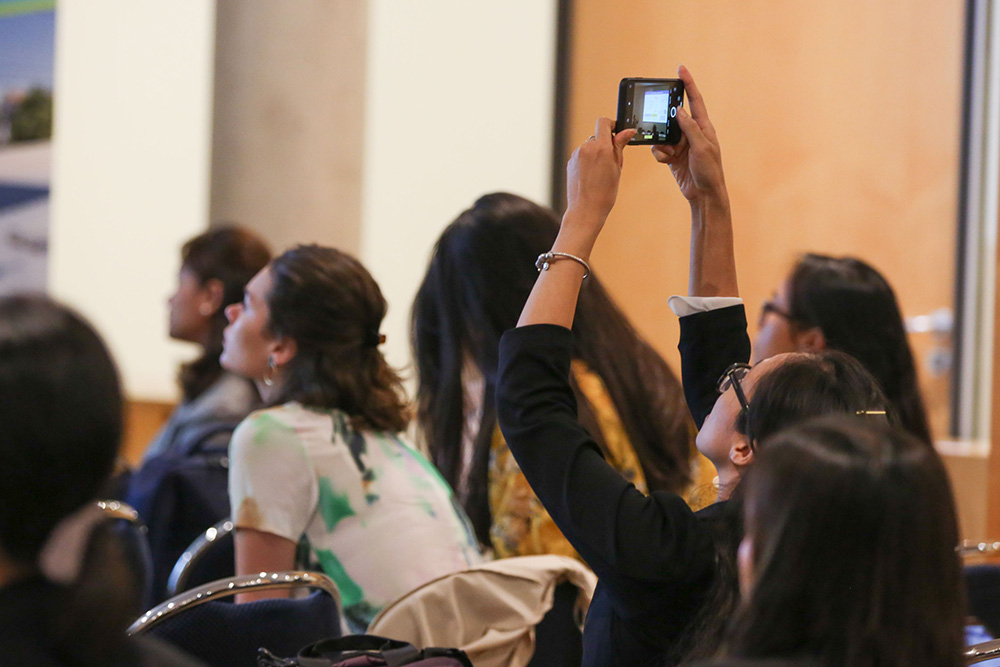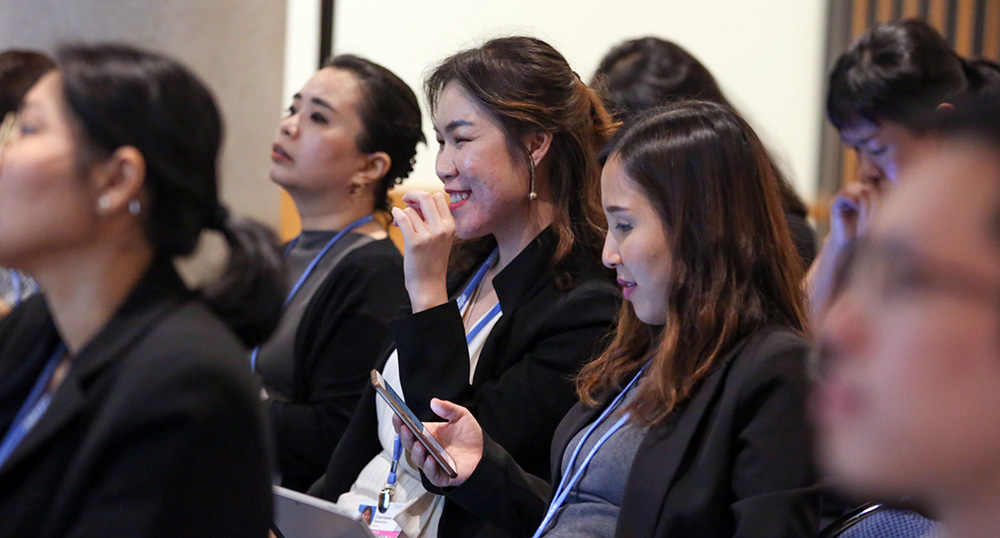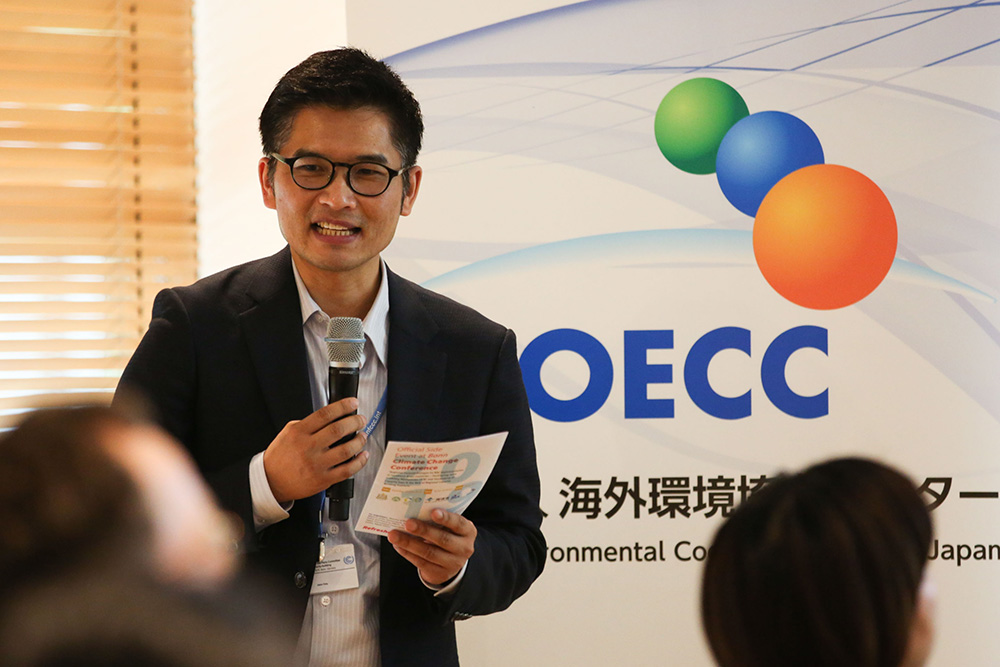
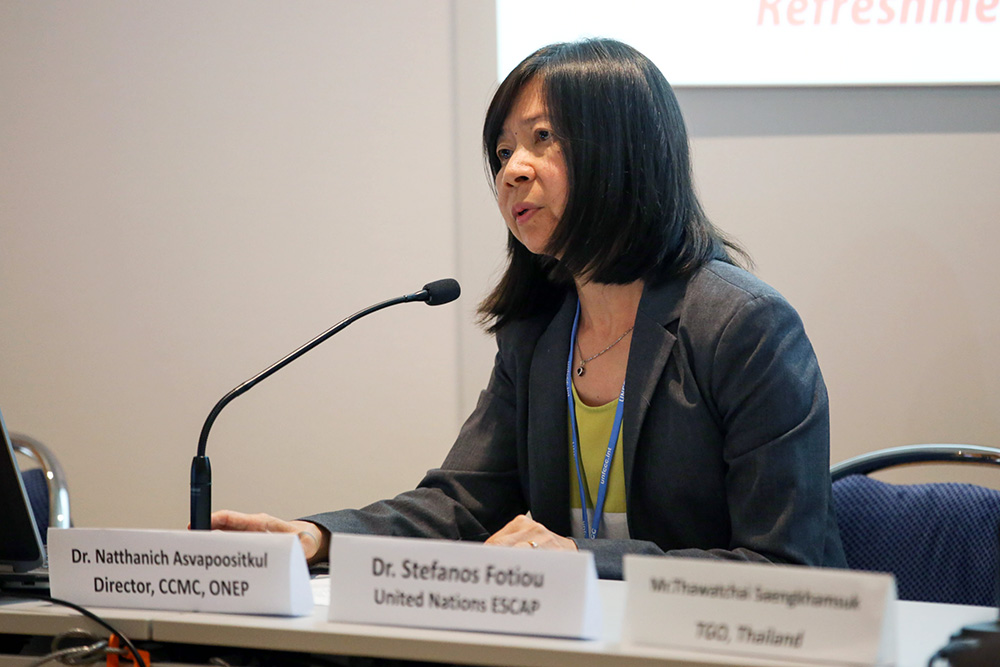
You are viewing our old site. See the new one here

At the 2019 Bonn Climate Change Conference, a side event underlined the urgency of climate change mitigation and shared perspectives from Southeast Asian Countries on the effectiveness of the Joint Credit Mechanism (JCM) for supporting low-carbon technologies.
Launched in 2013, the JCM was proposed by the Government of Japan as a means to facilitate the diffusion of leading low-carbon technologies and systems in developing countries. The scope of the financing includes facilities, equipment, and vehicles that reduce CO2 from fossil fuel combustion as well as construction cost for installing those facilities. Through the programme, the Ministry of the Environment, Japan (MOEJ), financially supports part of the initial cost (up to half), on the premise of seeking to deliver at least half of the issued JCM credits to the Government of Japan.
Speaking on behalf of the organizers, Natthanich Asvapoositkul, Thailand, said Association of South East Asian Nations (ASEAN) members recognize the importance of tackling climate change and highlighted the joint crediting mechanism (JCM) as a vehicle for diffusing low carbon technologies. She said the event was a platform to share views, gaps, and needs.
Reflecting on the capacity-building requests received, Stefanos Fotiou, UN Economic and Social Commission for the Asia-Pacific (UN ESCAP), emphasized the need to contextualize nationally determined contributions (NDCs) in terms of national development goals. He suggested translating the investments made via the JCM to development results for developing countries.
Thawatchai Saengkhamusk, Thailand, presented the preliminary results of the regional capacity-building needs assessment. He identified topics in high demand, including: impact assessment methods of both mitigation and adaptation, along with case studies; methodologies to prioritize adaptation measures; measurement, reporting, and verification, along with greenhouse gas (GHG) inventories; and the formulation of bankable projects in addition to access to international climate finance sources.
Maiko Uga, Japan, introduced the JCM, noting that there are 146 projects in the pipeline. She credited the JCM as helping Japan achieve and exceed the target of a 26% reduction of GHG emissions. Uga said the JCM has helped to enhance the readiness of countries to report on Paris Agreement Article 6 (market and non-market approaches) and foster a better understanding of how to make modalities, procedures, and guidelines operational.
Daovinh Souhonphacdy, Lao PDR, said the JCM helped to implement the socioeconomic development plan in addition to generating additional revenue from selling carbon credits. She said there was a need to further disseminate awareness about the JCM to attract a broader range of stakeholders. She also highlighted the next steps involved in the implementation of Lao’s NDC including: introduction of NDC targets; review of the national climate change steering committee; and the development of an NDC roadmap and implementation plan.
Noting that the JCM has helped to build capacity for NDC implementation, Pham Van Tan, Vietnam, provided an overview of the JCM activities in his country. He identified some capacity-building needs, including: translating mitigation options into investment projects; strengthening of staff capacity at all levels; monitoring GHG emissions at the level of facilities; and customizing technical guidelines to national circumstances.
Noting that Thailand is on track to achieve a 7% reduction under business as usual by 2020, Chanutsakul Supirak, Thailand, identified milestones in NDC implementation. These included: endorsement of the NDC roadmap by the Thai cabinet; sectoral mitigation action plans; and allocation of national target to sectoral ministries. She noted a few challenges such as human resources, lack of country-specific emission factors, and public awareness.
Paweena Panichayapichet, Thailand, provided an update of the JCM in Thailand. She identified 28 projects that were reducing emissions by approximately 150,000 tCO2 equivalent every year. She outlined the conservative baseline approach used by the JCM, where emissions reductions are calculated against best available technology options rather than business as usual. She noted challenges in scaling up implementation and the uncertainty caused by the lack of guidance available on Article 6 of the Paris Agreement.
In the discussions, moderated by Koji Fukuda, JICA, participants discussed capacity gaps, concrete measures to address those them, the importance of providing incentives to increase stakeholder engagement, and the catalytic nature JCM projects that have served as regional models.
Interested parties can receive additional information on Joint Crediting Mechanism projects by following verseas Environmental Cooperation Center, Japan (OECC)’s Facebook page.
Photos by IISD/ENB | Kiara Worth
For photo reprint permissions, please follow instructions at our Attribution Regulations for Meeting Photo Usage Page
